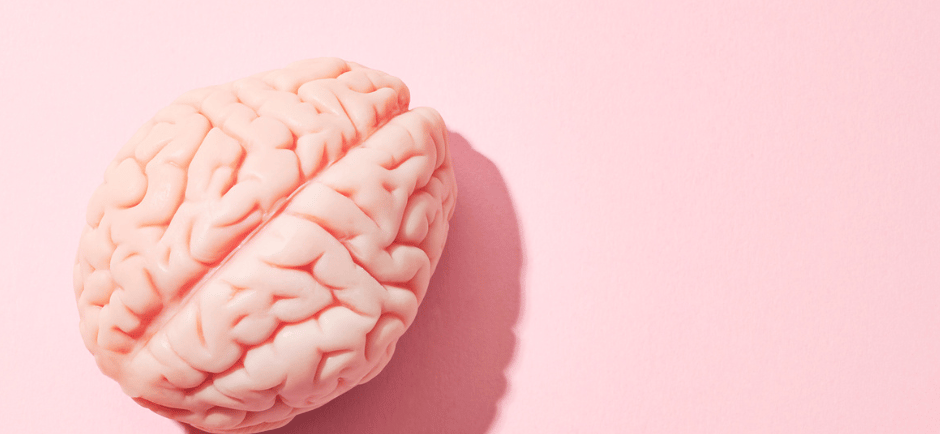Introduction
Attention Deficit/Hyperactivity Disorder (ADHD) is a neurological condition that affects both children and adults. While it is commonly known for its impact on focus, attention, and impulsivity, ADHD can also have significant effects on various aspects of a person's life, including their sex life and intimate relationships. In this blog post, we will explore how ADHD influences intimacy and discuss some strategies for managing these challenges.
1. Difficulty with Focus and Attention
One of the core symptoms of ADHD is difficulty with focus and attention. This can manifest in various ways during intimate moments. Individuals with ADHD may struggle to maintain focus on their partner or the task at hand, leading to distractions and difficulties in fully engaging in the experience. This lack of focus can result in reduced pleasure and satisfaction for both partners.
2. Impulsivity and Hyperactivity
ADHD is also characterized by impulsivity and hyperactivity. These traits can have a significant impact on intimate relationships. Impulsivity may lead individuals with ADHD to engage in risky sexual behaviors or make impulsive decisions without considering the consequences. Hyperactivity, on the other hand, can make it challenging to relax and be present in the moment, affecting the overall quality of the intimate experience.
3. Emotional Regulation
Another aspect of ADHD that can influence intimate relationships is difficulty with emotional regulation. People with ADHD may experience intense emotions, such as frustration, anger, or sadness, more frequently and intensely than those without the condition. These emotional fluctuations can create challenges in navigating conflicts and maintaining emotional intimacy, leading to strained relationships.
4. Communication and Relationship Dynamics
ADHD can also impact communication and relationship dynamics. Individuals with ADHD may struggle with effective communication, leading to misunderstandings, misinterpretations, and difficulties in expressing their needs and desires. This can create frustration and tension within the relationship. Additionally, the non-ADHD partner may feel overwhelmed or burdened by the responsibilities that come with supporting their partner with ADHD, which can strain the relationship further.
Managing ADHD in Intimate Relationships
While ADHD can present challenges in intimate relationships, there are strategies that individuals with ADHD and their partners can employ to navigate these difficulties:
1. Education and Understanding
Both partners should educate themselves about ADHD and its impact on relationships. Understanding the symptoms, challenges, and strategies for managing ADHD can foster empathy, patience, and a more supportive environment within the relationship.
2. Open and Honest Communication
Effective communication is crucial in any relationship, but it becomes even more important when ADHD is involved. Both partners should strive to communicate openly and honestly about their needs, frustrations, and concerns. This can help reduce misunderstandings and create a safe space for discussing challenges and finding solutions together.
3. Seeking Professional Help
If ADHD is significantly impacting the relationship, seeking professional help can be beneficial. Couples therapy or individual therapy can provide guidance, support, and practical strategies for managing the challenges associated with ADHD. A therapist can also help address any emotional or communication issues that may be present in the relationship.
4. Establishing Routines and Structures
Creating routines and structures can help individuals with ADHD manage their symptoms and improve their ability to focus and be present in intimate moments. This can include setting aside specific times for intimacy, minimizing distractions, and implementing strategies to enhance focus and reduce impulsivity.
5. Medication and Other Treatment Options
In some cases, medication may be prescribed to manage the symptoms of ADHD. It is essential to consult with a healthcare professional to determine if medication is appropriate and to discuss potential side effects or interactions. Other treatment options, such as therapy or lifestyle changes, may also be explored to support individuals with ADHD in their intimate relationships.
Conclusion
ADHD can have a significant impact on a person's sex life and intimate relationships. Difficulties with focus, impulsivity, emotional regulation, and communication can create challenges for individuals with ADHD and their partners. However, with education, understanding, open communication, professional help, and the implementation of strategies, it is possible to navigate these challenges and cultivate fulfilling and satisfying intimate relationships.




